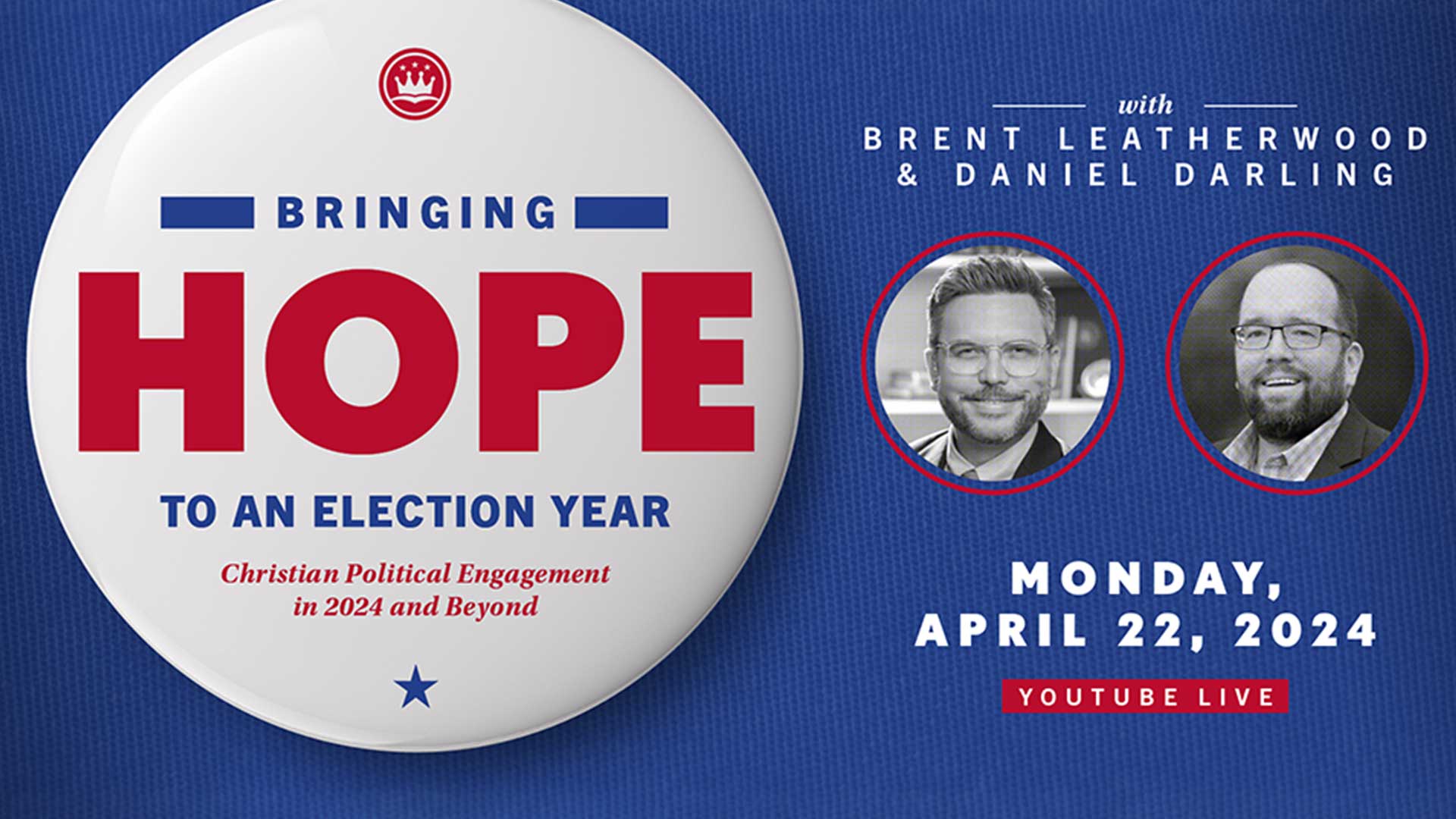by Dave Miller
The Son of Man came eating and drinking, and they say, ‘Look at him! A glutton and a drunkard, a friend of tax collectors and sinners!’ Yet wisdom is justified by her deeds.” Matthew 11:19
It was one of the barbs that the religious leaders sent Jesus’ way. “He is a friend of sinners.” They meant it as an insult, but it was one of the greatest compliments they could have imagined. Jesus was, in fact, a friend of sinners. No dirty rotten scoundrel ever had a better friend than Jesus.
- He was a friend of the rough, low-class sinners from the Galilean sea shore.
- He was a friend of tax-collectors who enriched themselves by cheating people of their hard-earned money.
- He was a friend of women of low character and bad reputation, shunned by polite society.
- He was a friend of Samaritans whom the Jews abominated.
- He was a friend of the disrespected, the disdained, and the down-and-out.
Oh, no, he did not excuse or approve of the sin. Never! Not once! Though the source and placement of the story will always be a matter of debate, the story of the woman taken in adultery seems to be instructive. While he did not join in the self-righteous condemnation of the woman, he did tell her to “Go and sin no more.”
Jesus knew that being a friend to sinners did not mean giving blessings to their sin. All sin is an act of slow spiritual suicide and its consequences destroy the life of the sinner. As a friend of sinners, Jesus did two things.
- He treated people with basic human dignity regardless of their sin.
- He called those people to turn from their sins, to take up their cross and follow him.
We are not being Christlike when we fail in either of these regards.
- When we demean sinners we are not being Christlike. Yes, he confronted self-righteous, pompous religious gasbags, but he never beat down the beaten down. They felt loved and valued by him. Somehow, Jesus communicated to these sinners that he did love them.
- When we fail to call sinners to repentance we are not being Christlike. His love never said, “Just be who you are and never change.” His love said, “I accept you as you are and I will transform you to be like me!” He accepts sinners and then transforms them.
The Question of Questions
I’ve been thinking this through a lot recently. We’ve had debate after debate about the Christian response to assaults on our free speech rights, on freedom of religion, on the liberties of believers who express their faith and live by their convictions.
- We’ve talked about same sex marriage.
- We’ve talked about bakeries.
- We’ve talked about pizzerias.
- We’ve talked about political correctness in government, schools and businesses that is suppressing the free speech rights of those who hold to biblical convictions.
- We’ve talked about the increasing compromise of “evangelicals” who are suddenly looking into the Bible and discovering that contrary to all evidence it actually supports homosexuality and same sex marriage.
We’ve hammered and hammered and hammered on these issues. But I have a different question to ask. I think we need to be looking at this from the other side.
How can we, as evangelical, Bible-believing Christians, who refuse to succumb to the spirit of compromise in the Christian world today, be like our Savior and be “friends of sinners?”
We ought never even contemplate following the pied pipers of compromise down their path of spiritual destruction. To abandon fidelity to God’s Word may gain us favor with the world but it will never please the Father nor the One who bled and died to redeem us. That is not an option.
But the One who bled and died was a friend of sinners and those in whom he dwells should also be friends of sinners. That means that we ought to make every effort to convince the homosexual community that while we can never approve of their actions, we truly love them.
Will they accept that? Perhaps not. But how will we know unless we try? And even if they do not it does not release us from the obligation to demonstrate persistent, Christlike love.
And that leads me to the “question of questions.”
How can we be “pro-homosexual” without being pro-homosexuality?
How do we demonstrate love without compromising conviction? What can we do to show love and what can we not do? Every day as you engage the life of a homosexual man or woman, you will be confronted with a choice, a difficult choice.
Obviously, our world does not even wish to accept this premise. If we do not accept the legitimacy of homosexuality, we are homophobic, hate merchants, and worthy of both social and legal discrimination. That’s on them. Our duty is not to please the world but to please the Savior and to be like him. So, our duty is to walk through this minefield and figure out what it looks like to love homosexuals.
How can we relate positively to people whose lifestyles we consider contrary to God’s will?
Some Questions
- If I have a rental home, should I be able to refuse to rent to homosexuals?
- If I have a rental home, should I go ahead and rent it to a homosexual so that I might engage him or her, develop a relationship, show love and evangelize?
- What hiring practices should a Christian business employ in relationship to homosexuals?
- If a family member who is gay invites you to his or her wedding, or to a reception, are you absolutely forbidden to attend? What guidelines apply? Are the rules different than for attending heterosexual weddings under less-than-ideal circumstances?
- Is there really anything wrong with baking a cake or catering a homosexual gathering?
- If homosexuals move in next door, should I invite them over for dinner?
- Should I golf, play basketball, go hunting, and hang out with someone I know to be a homosexual? (Please don’t display your ignorance by pretending that gays don’t do any of these things).
- How can our church actively show love to the homosexual community without compromising our biblical convictions?
- Should we, as Christians, seek laws to re-criminalize homosexuality, or should we support anti-discrimination laws (properly defined)?
- There are 150 million such questions.
What does it look like to show love to homosexual people without giving approval to homosexuality?
To be honest, I’m still asking these questions and I’m not ready to start giving specific answers. I will give a few preliminary principles.
A Few Preliminary Thoughts
1. We need to guard our words.
Examine the rhetoric of the Christian community. Too often, we sound like we think of homosexuals as people with a communicable disease, or as a pack of rapists and child-molesters. Our words are often temperate and insulting. It is all too easy to confuse strong words of personal condemnation with strong conviction. It is also easy to confuse affirmation of the worth of homosexuals as persons with compromise of conviction.
In fact, it is almost guaranteed that if you advocation love and compassion toward homosexuals, even if you hold strongly to the biblical position concerning homosexuality, you will be trashed on social media. Ask our ERLC’s president about that one.
The obligation still stands – we must guard our words and make sure that we do not come across as demeaning and insulting in the things that we say.
2. We need to engage people, not just sins.
We tend to engage homosexuals on the basis of their sins over anything else. When I talk to my friends, I think of them as people. Perhaps I know their struggles and faults, but I engage them on the basis of who they are. It’s my friend Boris! It’s not liar Boris, or luster Boris, or temper-loser Boris. It’s Boris, my friend who has problems.
It seems clear to me that we need to engage homosexuals on a personal level to the point where we see them as people, not just as homosexuals. This is not easy, but I believe it is fundamental.
3. We need to pray for the heart of God and the mind of Christ.
Sounds like a pious platitude, doesn’t it? Maybe yes, maybe no. But it is important that we be driven by God’s heart for the redemption of sinners and the love and compassion of Christ. Oh, yes, holiness and righteousness are part of that. But let us hope and pray that our response to sinners looks more like Jesus than it does like the Pharisees.
Here’s my theory. If Jesus lived today, he would drive conservative Christians bonkers. He would not join the Rob Bells or some on the so-called evangelical left in their denial of biblical truth. He would never deny the Word he inspired. But I believe he would love, befriend and relate to homosexuals in a way that would make us church-going, spiritually-insulated folks uncomfortable. Can you imagine the tweets that would have gone on about him?
Let’s not live our lives to please people who are motivated by pharisaical values. Let’s study God’s Word and pray for God to implant his heart for lost sinners into ours and for the mind of Christ to build into ours. We may never be both uncompromisingly righteous and infinitely loving, but we ought never stop seeking that goal.
The Challenge
This is a preliminary post. Maybe you have some insights. I’m still thinking through the issue.
What is a POSITIVE Christian response toward homosexuals for those who are not going to torture biblical passages to seek approval of homosexuality? Is there a way for those of us who are not going to give in on the issue of homosexuality to rework our approach to relating to homosexuals?
I’m thinking through this. Do you have any insight?
Dave Miller serves as senior pastor of Southern Hills Baptist Church in Sioux City, Iowa.






